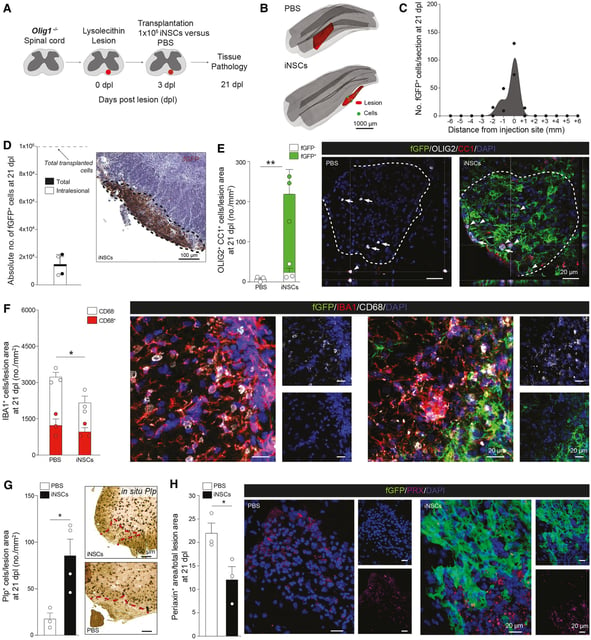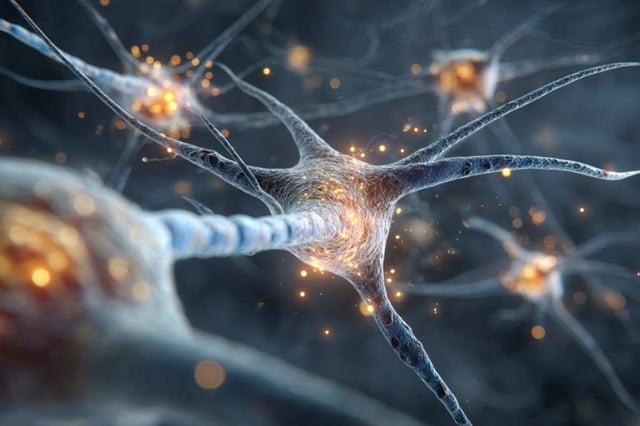Overview
- Induced neural stem cells differentiated into mature oligodendrocytes and rebuilt myelin sheaths in chronically demyelinated mouse spinal cords.
- Human iNSC transplants demonstrated long-term survival and safety in models of central nervous system demyelination without adverse effects.
- Transplanted mouse iNSCs integrated in Olig1−/− lesions and directly generated new exogenous myelin sheaths in a progressive MS model.
- The RESTORE consortium is creating a patient-focused trial protocol to assess whether iNSC grafts can remyelinate lesions and restore neurological function in people with progressive MS.
- Current therapies manage progressive MS symptoms but do not halt or reverse neurodegeneration, highlighting the need for remyelination-based approaches.

